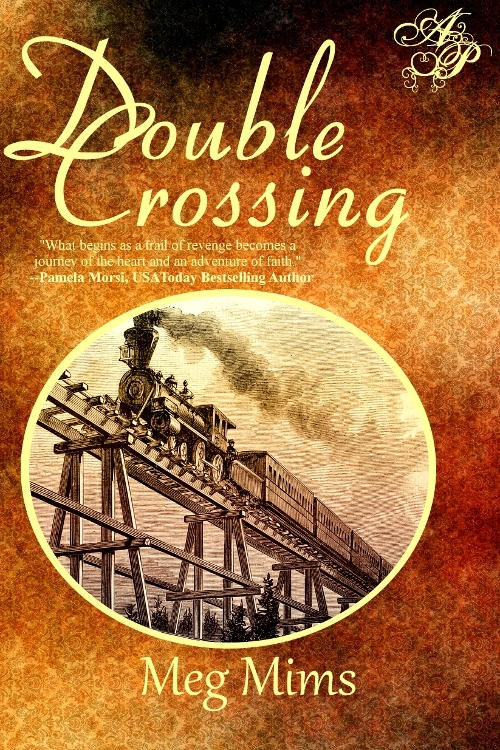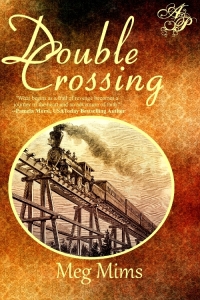 The Maryland Writers Association will begin accepting works for their “Short Works Contest” beginning June 30, 2012. Entries are accepted electronically until July 30, 2012.
The Maryland Writers Association will begin accepting works for their “Short Works Contest” beginning June 30, 2012. Entries are accepted electronically until July 30, 2012.
The following types of work are welcome: Fiction: 3000 words; Non-Fiction: 3000 words; and Poetry: Up to 50 lines in 1-5 poems.
Entry fees and prizes vary. For more information, please visit their website.
* * * * *
Indies Unlimited is pleased to provide this contest information for the convenience of our readers. We do not, however, endorse this or any contest/competition. Entrants should always research a competition prior to entering.





